Doctor pushes to improve health outcomes beyond the exam room
This story was written by Ian Jones as part of the McCourt School’s annual alumni magazine, Policy Perspectives.
Changemaker Nicholas Mensah (MIDP’26) seeks policy solutions to the problems that affect us individually and collectively.
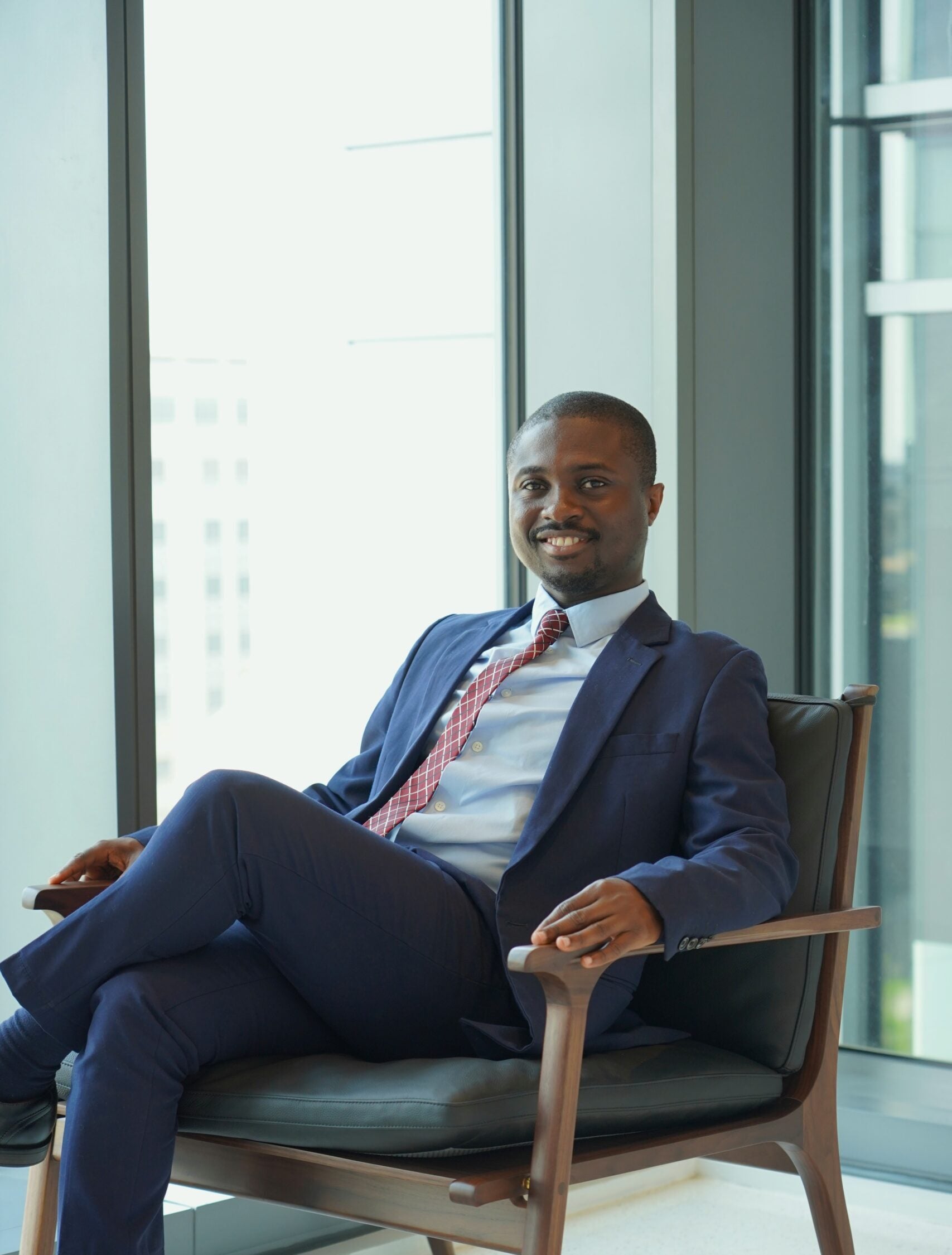
Mensah is one of Ghana’s “most impactful changemakers.”
Two years ago, Dr. Nicholas Mensah (MIDP’26) took a major risk. While working as a doctor in a rural mining community in Ghana, his young, pregnant, HIV-positive patient lost her baby and went into kidney failure, a complication of untreated HIV. As her health declined and no ambulance could be found, he decided to undertake a dangerous overnight journey in a private vehicle to reach a hospital that offered dialysis. The already-urgent trip reached crisis level with a serious car accident and a shortage of mobile oxygen for the patient. Finally, she received the needed treatment and, later that day, began the arduous eight-hour return trip — only to be involved in another, more serious accident.
“After surviving two accidents within 24 hours, I knew there was more that needed to be fixed. Being in the hospital with those patients, yes, you are making an impact on a 1:1 basis, but on a national and regional basis, you are making just a little impact,” he said. “There are multilayered levels of problems that need to be dealt with … they all relate to policy.”
Mensah wanted to understand how policy could be used to improve individual well-being and the healthcare system in general. He sought out a graduate program to “start that journey of leaving my comfort zone and focusing on policy and research.” One demanding but exciting year into his studies, surrounded by supportive classmates and professors, he says “it’s been a wonderful journey so far.”
But the young Ghanian doctor’s modesty obscures just how big his comfort zone and his vision seem to be. He has been honored three times and featured by the London School of Economics and the Nigerian news network ChannelsTV for founding the non-profit Youth Network for Health Promotion (YNeHP). The group works to fill gaps in knowledge about basic medical conditions, especially reproductive and sexual health, and connection people to treatment resources.
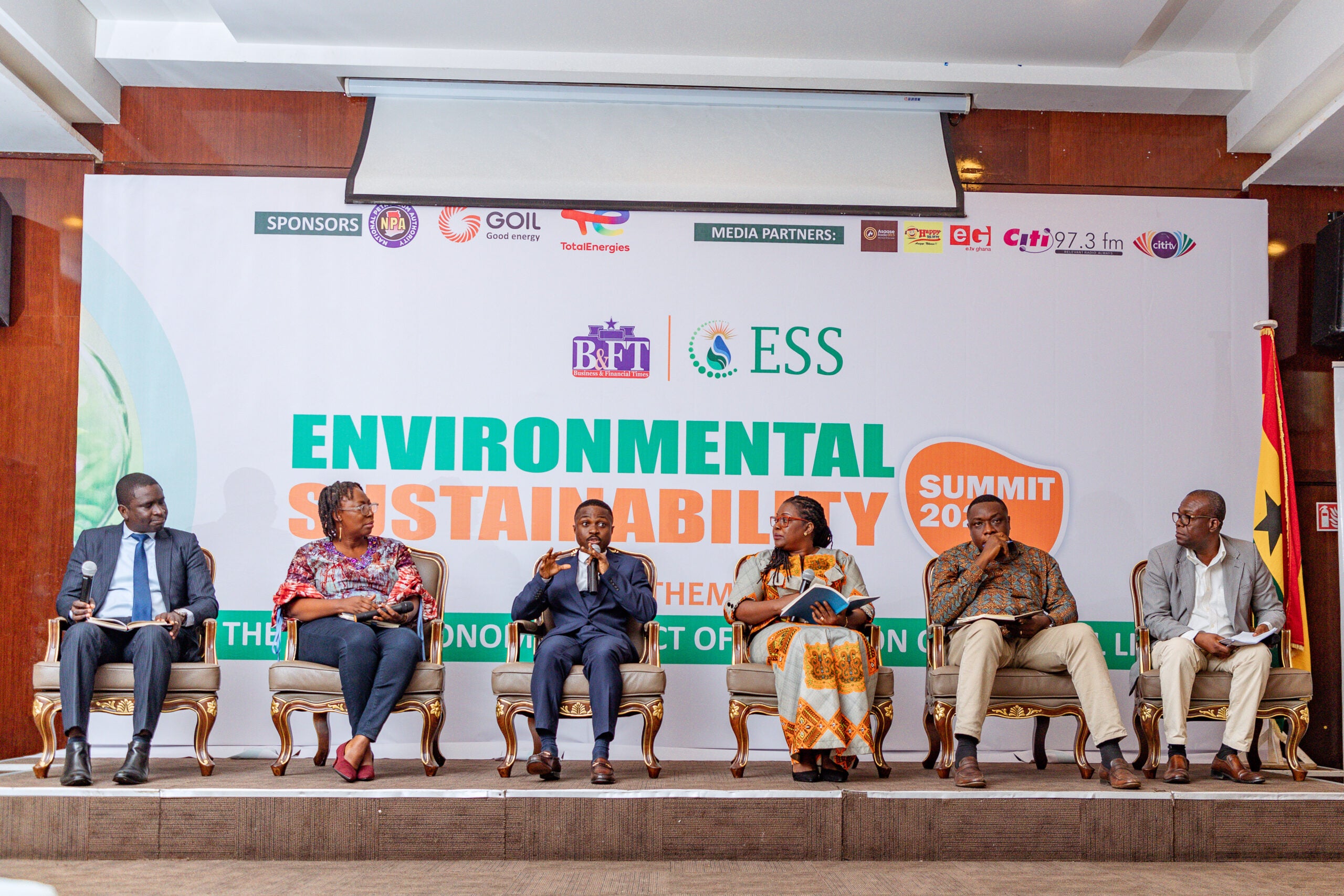
Mensah advocating for climate awareness in healthcare training.
The pandemic’s sudden arrival spurred the YNeHP’s official formation. In medical school at the University of Cape Coast, he gathered a group of friends to educate the public about prevention and to translate COVID-19 guidelines into local dialects, sharing the resources they created with local health authorities. Monthly workshops led to partnerships with organizations such as Ghana’s Department of Health Promotion, including collaborating on a protocol to improve the uptake of the COVID vaccine among young people.
“That was quite exciting. We got a number of recognitions and awards,” he said. Mensah was named one of Ghana’s “100 Most Impactful Changemakers” in 2022 and 2023.
Mensah, whose Spring 2025 fellowship at the Center for Faith & Justice explored the food scarcity that persists within the abundance of the District, plans to take what he is learning in his Master in International Development Policy back home through health policy and research consulting. He hopes to improve access to modern healthcare facilities on the African continent and build a more innovative, research-intensive youth health promotion program that can grow beyond Ghana. His policy vision extends to his concern and frustration that more than 90 percent of Africa’s vaccine needs are produced outside the continent.
“For me it doesn’t make sense. How can I use my knowledge, skills and connections to increase vaccine production on the continent and help the distribution of vaccines globally?” Mensah said.
He also wants to see climate change awareness in the curriculum of every healthcare training program. From floods and droughts limiting food access to poor aid quality increasing respiratory conditions, healthcare workers need to be positioned to adapt and respond — a topic discussed on a webinar he convened with several African nations’ healthcare workers.
“You can’t escape the environment,” Mensah said. “You can try to pretend as if the environment is okay, but when the environment gets hold of us, it deals with us in a way that we will never forget.”
More from Policy Perspectives
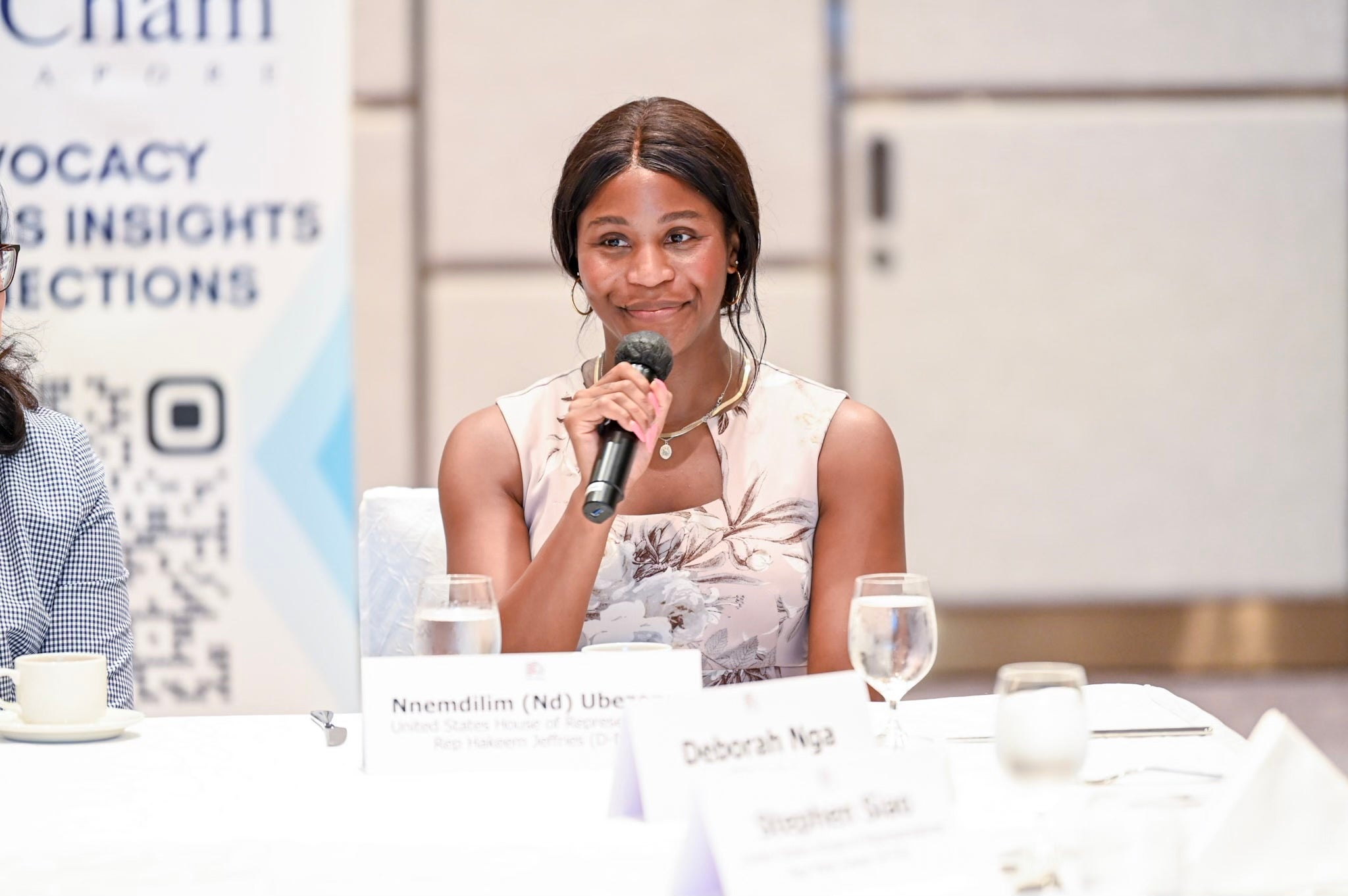
Discovery & Impact, Policy Perspectives
The View from Inside the Capitol
As floor director for Democratic leadership in the House of Representatives, Nnemdilim Ubezonu (MPM’23) has a front-row seat to how policy is made.
October 20, 2025
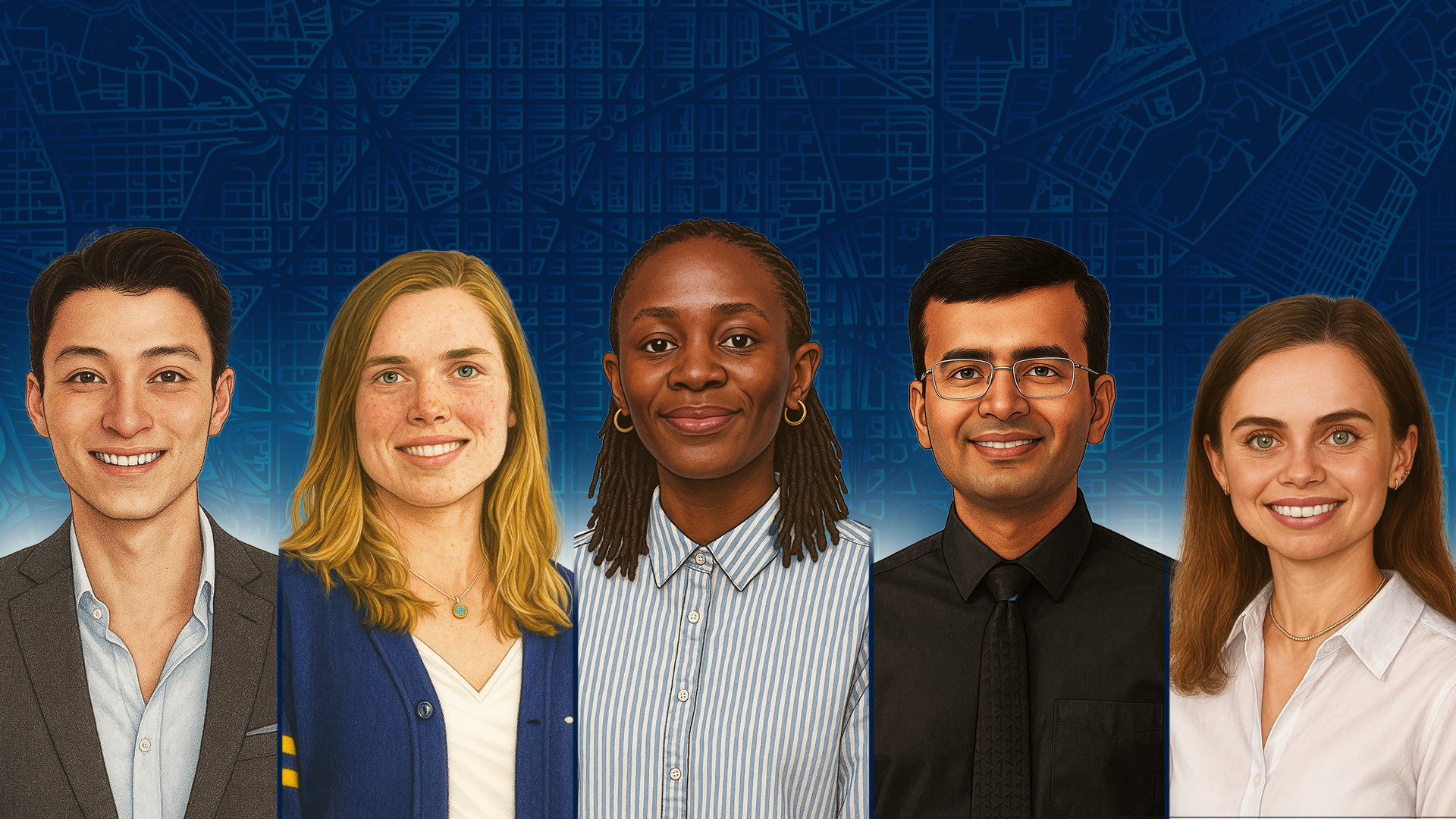
Discovery & Impact, Policy Perspectives
Introducing the 2025 McCourt Scholars
From Ukrainian revolution to Indian renewable energy planning, a wealth of diverse experience drives these new policymakers to improve lives worldwide.
September 16, 2025
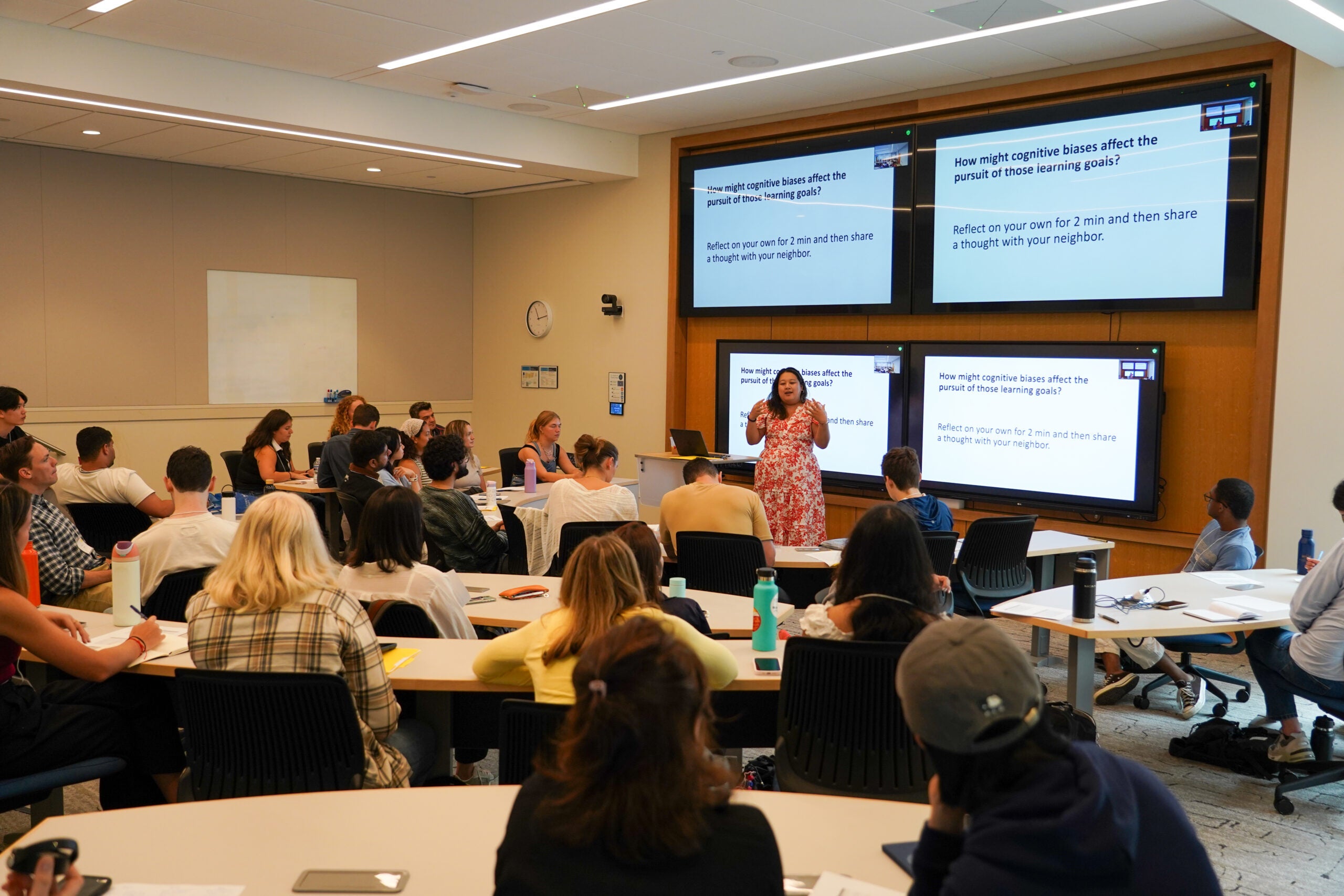
Discovery & Impact, Policy Perspectives
McCourt School welcomes assistant teaching professor Amanda Lu, professor Chris Warshaw and assistant professor Roman Gabriel Rivera.
September 8, 2025